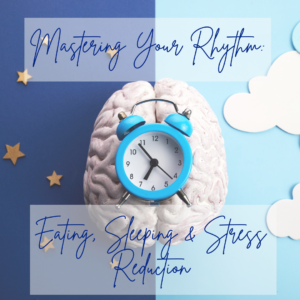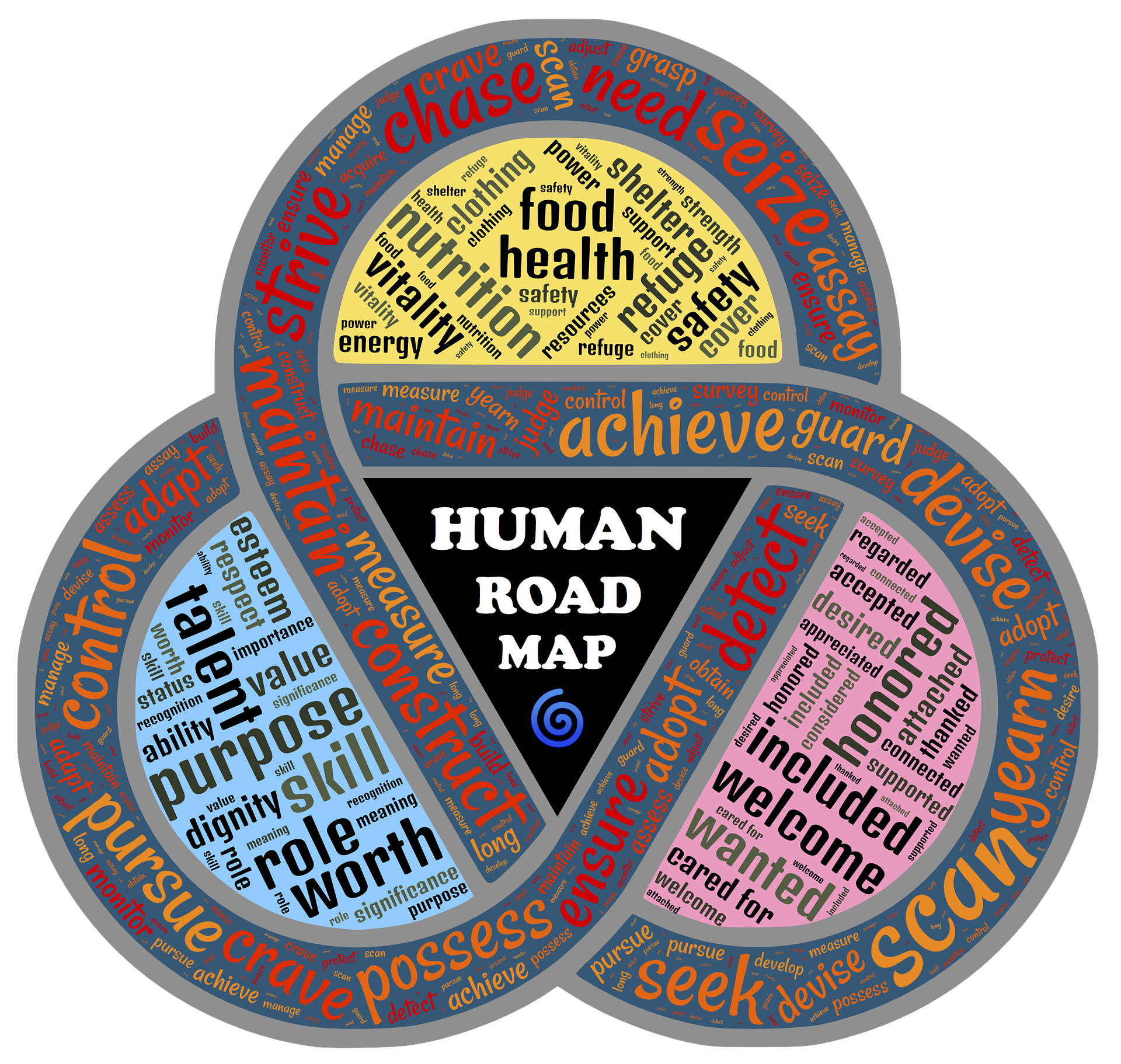This is post 3 of the “Living Fully Alive” Blog Series. Reading the posts in the order they were posted is recommended for the best reading experience.
The second part of the first session was introducing us to our operating systems. I haven’t heard the terms Justin and Abi used before, but I have seen them in action. You probably will too, as you read the description.
We all have beliefs about everything. Many of these beliefs were forged in our growing up years, before logic and analytical thinking were operative to help us fine tune our beliefs. As most kids do, whatever is said is taken as truth. Some of these beliefs get modified in our logic as we grow but deep down the belief does not agree with our thinking.
Someone I know grew up in a dysfunctional home where the marriage was a train wreck. That person learned that marriage means a lot of dysfunction, codependent behavior, abuse, and a lot of heart ache. Consequently, this person, as a child, subconsciously drew the conclusion marriage is not worth pursuing. We all process this differently. A sibling growing up in the same household may build a different belief from seeing the same thing, such as ‘suffering in marriage is what is supposed to happen’. Or yet another belief could be that the key is in marrying the right person in order to avoid this kind of marriage. These beliefs will shape how we go through life unless we consciously change them.
The two terms that were introduced in relationship to our beliefs were the Prover and the Projector.
Prover
You can think of the prover as a filter that looks at life from your specific belief about something and tries to prove your beliefs are true. Something in us is looking for harmony, and so our prover tries to find our beliefs true in our lives. This is an interesting thought. I have seen myself do this when I try to find evidence to back up my opinion on something in research. I tend to disregard opposing opinion and find the validating ones if I’m not careful and objective.
A study was mentioned that showed people will fill in the dots if information is missing. In the study they played a song and left out a few seconds of the song. People did not notice the missing seconds because their brains filled in the dots, and to them, the song sounded uninterrupted. The same has been done with letters missing from words. People read the words without noticing a letter is missing.
I can see a few places in my life where my childhood-forged beliefs were getting highlighted by my prover. I’ll just mention one. I have always found myself the odd one out. When pairing up with kids for class projects, I often ended up alone. I didn’t belong to a group or a clique. If I didn’t show up at church for a while, no one noticed my absence. I often stood in a circle with others talking and someone would shove me away from the group. I rarely felt included.
It looks like my prover is working overtime trying to show me that what I believe is actually true. But when God is with me, he will remind me of the times and places and people who did take note of me. How come those needed a God reminder while the others are right there ready for recall? I guess it’s because of my belief formed in childhood.
The struggle is when I hold two opposing ideas as true. Let me use the example of friendship and community from above.
I want to have friends. I want to belong, but my subconscious, where my belief is, remembers that I’m better off alone.
So, my logic belief system tells me that friendships and community are great, something God created us for, something rich and rewarding and amazing.
My heart belief system tells me what I actually believe subconsciously, something I’m not actually aware of. In this case that relationships hurt. That no one invests in me. That all the investing is going to come from me and that it is one sided. That community is not wonderful and rich, nor rewarding. That it is more pain than it is worth.
Apparently we all have a projector in us. It was likened to a business card I hand to people that tells them what my beliefs are and how they should respond to me. This is a bit trippy for me to think about. I would have a hard time embracing this idea if I hadn’t seen it in action. Some people just have something about them that makes me prejudiced about them. Why do I like someone immediately without knowing them at all, while I don’t have any desire to go meet another? I bet it’s the projector at work. This really made me think. Do I project that people should leave me alone? Clearly this works on a subconscious level. I am amazed at how much happens on a subconscious level! I have seen people around me find themselves in the same kind of work environment over and over again no matter what great job they have. What kind of business card do I have? What am I finding myself in again and again?
Given that this is only the introductory class, we weren’t given in depth help to work on changing that projector. However, four ways were presented by which we can overrule our beliefs. They are thoughts, words, emotions, and actions.
Thoughts – If I have subconscious thoughts, they likely are the ones consistent with my belief. But I can analyze my conscious thoughts and choose with my mind to rewrite that thought into what I know is the true and healthy belief I want to create.
Words – words are powerful. You are likely familiar with the verse about life and death being in the power of the tongue. I have never been one to talk out loud to myself. I have started doing so recently though, after reading some books by Steve Backlund about the power of the tongue. I am affected emotionally by the words I hear myself say. I have taken up speaking to my soul in particular from my spirit person, telling my soul to rejoice, to rest in God, to trust in him, etc. I figured if the Psalmist did it, it would be ok for me to do.
Emotions – feelings have been a challenge for me. I am learning to not allow emotions to dictate how I’m going to think and act in a situation. A talk I listened to by Bill Johnson describes how he made himself do everything he felt the least like doing in praise. Dancing, leaping, shouting, laughing, in order to override a feeling of depression or other negative feelings. They promised to go deeper into this topic in a future session. I am looking forward to get more information on this.
Actions – thoughts, words and feelings often progress into action. But the point was made that we can also start with an action to change how we think or speak or feel. This makes me think of Jesus’ instruction to us to love our enemies and pray for those who persecute us. I would assume loving would need expression in an action. I have taken loving action towards people I struggle with, and it has been amazing how my attitude and feelings began to change as a result of it.
However, I have a somewhat nit-picky thought. Any words, feelings and actions are a result of thinking that has taken place. I can’t make myself go perform a loving action if I haven’t decided in my mind that I was going to override my existing feelings and thoughts concerning the matter and just do it anyway. At the core, I believe all change will have its origin in my mind.
So there you have it. This is what I am learning this week.
I would encourage you to pick a subject and figure out what your logic belief and your heart belief is regarding that subject, like I did in the above example having to do with community.
I found it helpful to look for my prover and to ask, “what is my prover telling me I truly believe, deep down?” You can do this with every area of your life. I started with what popped in my head first.
I plan on making a list of other areas as well. It is an interesting exercise.
Writing has helped me clarify. I get so much more insight when I write. Talking out loud doesn’t do what writing “out loud”, for lack of better terms, does for me. If you’ve never done it you may want to give it a try. I am always amazed how much more I get out of my own thinking if I write as I think.
To learn more about upcoming Living Fully Alive and other courses please click the hyperlink.







